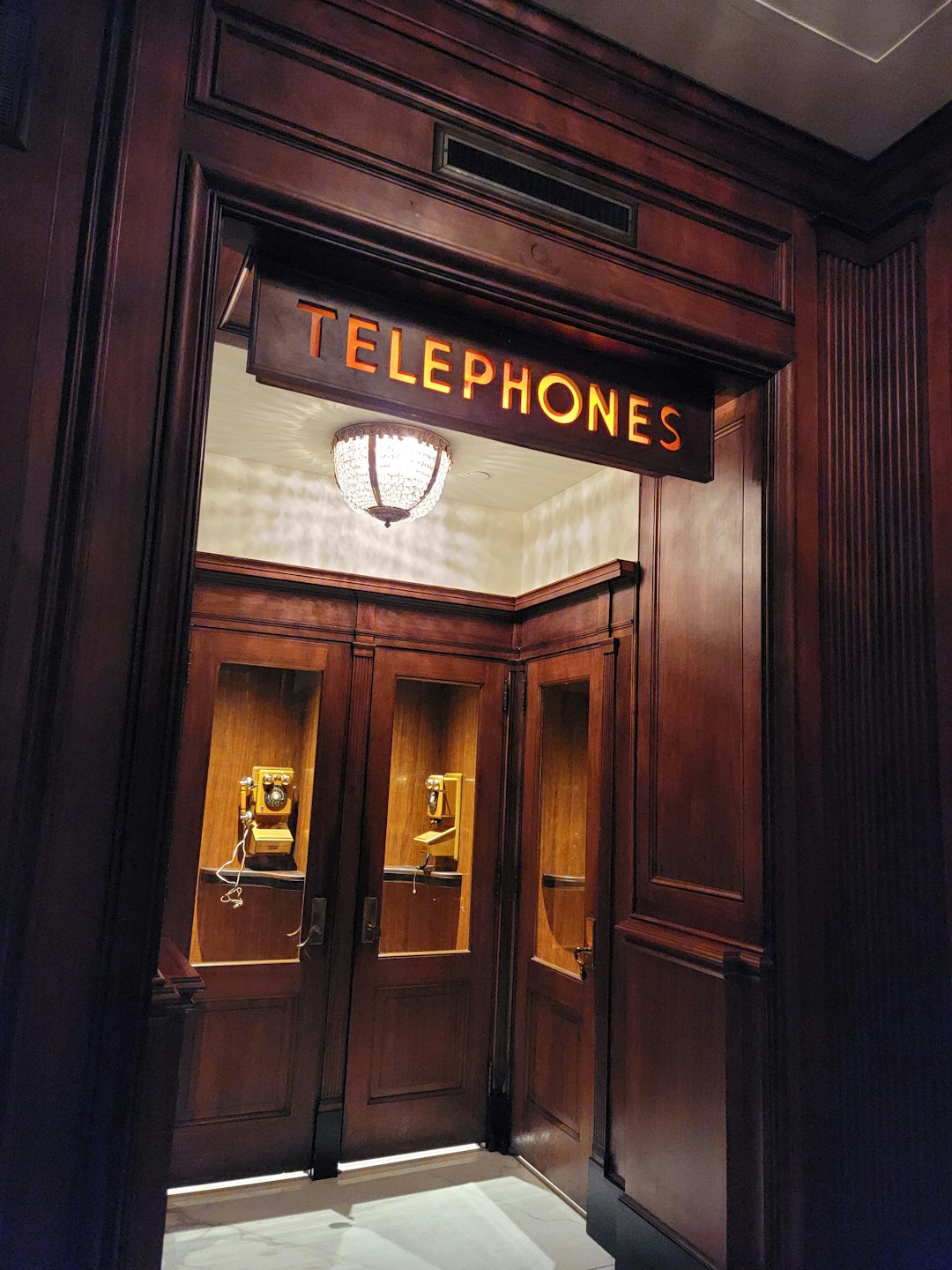Text spam has reached epidemic levels in Chicago, frustrating citizens and businesses with advanced phishing and promotional messages. Noble Squares, a community-driven initiative, is revolutionizing the fight against this nuisance by educating residents, collaborating with authorities, and advocating for stricter anti-spam policies. Legal support from a lawyer for Spam Text Chicago is crucial to exploring options against intrusive tactics, setting precedents, and deterring future campaigns. By combining legal action and community engagement, cities like Chicago can effectively combat text spam and create sustainable solutions.
In the bustling city of Chicago, text spam has emerged as a growing concern, affecting countless residents. As a response, the Noble Squares community has taken a unique approach to fighting this pervasive issue. This article delves into the initiative led by local lawyers and community leaders to combat spam texts through legal action and citizen engagement. Discover how this collaborative effort is transforming Chicago into a safer, more informed digital space for all its citizens. For those seeking legal assistance with spam text issues in Chicago, this initiative offers a promising model.
Understanding Text Spam: A Growing Concern in Chicago

Text spam has become an increasingly prevalent issue in Chicago, affecting both individuals and businesses. With the city’s bustling landscape and diverse community, it’s no surprise that spammers have targeted Chicago as a prime location to inundate residents with unsolicited messages. From promotional offers to phishing attempts, spam text messages are a nuisance and can pose significant risks, especially when they invade personal space and compromise security.
For many Chicagoans, the constant influx of text spam has become an everyday frustration. As technology advances, spammers employ sophisticated methods to bypass traditional filters, making it harder for users to block these messages. This growing concern has prompted the need for innovative solutions, and one such approach is the Noble Squares community initiative aimed at combating this problem. By educating residents and implementing strategic measures, Chicagoans can collectively fight against text spam and reclaim their communication channels.
The Noble Squares Community Initiative

Noble Squares, a Chicago-based community initiative, has taken a unique and noble approach to fighting text spam, a common nuisance in today’s digital age. This grassroots movement aims to empower residents and foster a sense of collective responsibility in tackling unsolicited text messages, often considered intrusive and annoying. By organizing local workshops, they educate citizens on identifying and reporting spam texts, empowering them with knowledge to protect their privacy.
The community initiative also collaborates with local authorities and telecom companies to establish robust reporting mechanisms and implement effective anti-spam policies. With the support of a lawyer for Spam Text Chicago, who offers pro bono services, Noble Squares advocates for stricter regulations and better legal protections against text spam. This comprehensive strategy not only helps residents regain control of their communication channels but also sets an example for other communities worldwide to follow suit in creating sustainable solutions to this growing problem.
Effective Strategies: Combating Spam with Legal Action and Community Engagement

To effectively combat text spam, a combination of legal action and community engagement proves crucial. In cities like Chicago, where spam texts can be particularly pervasive, individuals and communities have taken proactive measures. One powerful strategy is to involve legal professionals specializing in spam cases. A lawyer for Spam Text Chicago can play a pivotal role in initiating legal proceedings against spammers, setting precedents, and deterring future unauthorized messaging campaigns.
Community engagement is another vital component. By educating residents about the impacts of text spam and empowering them with knowledge on how to report and block such messages, communities can create a collective defense. This collaborative approach not only helps in reducing spam volume but also fosters a sense of unity and control over local communication channels.






